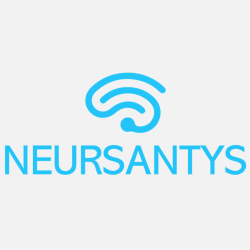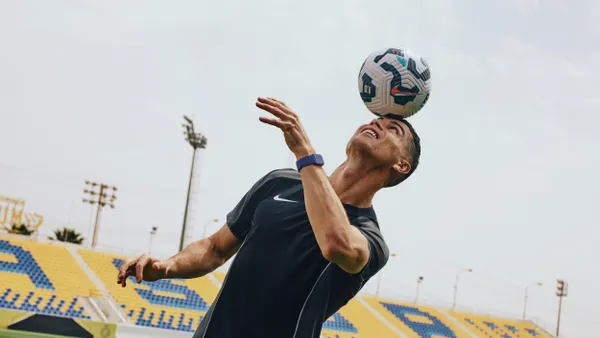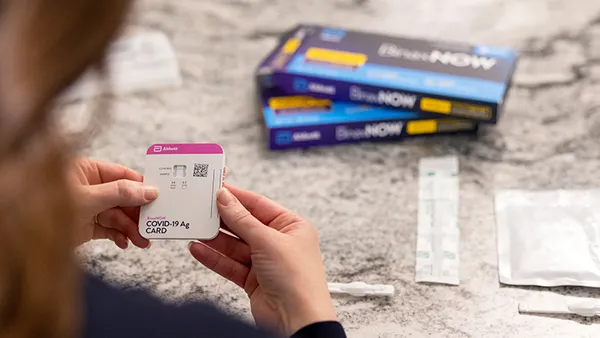Dive Brief:
- Warsaw, Indiana-based medtech OrthoPediatrics said Wednesday it acquired startup ApiFix, which last August received a humanitarian device exemption (HDE) from FDA for a device alternative to spinal fusion surgery for progressive adolescent idiopathic scoliosis.
- The deal gives ApiFix 934,768 shares of OrthoPediatrics common stock, $2 million in cash paid at closing, and milestone payments over four years, according to the announcement.
- The addition of the minimally invasive deformity correction, or MID-C, system comes as OrthoPediatrics anticipates significant impact to its deformity correction and scoliosis businesses from postponement of elective procedures during the COVID-19 pandemic.
Dive Insight:
OrthoPediatrics had been eyeing ApiFix, a small company operating out of Boston and Israel, for approximately three years, management said on a call with analysts Thursday morning. Serious talks began last summer as OrthoPediatrics prioritized building a leading position in the non-fusion market and identified ApiFix as "the vehicle," revealed CEO Mark Throdahl.
According to FDA, around 6,800 U.S. patients each year develop progressive curvatures that can't be adequately treated through less invasive measures like external bracing or physical therapy. Opting for spinal fusion surgery means permanently restricting spinal motion and can potentially result in deformities that require additional surgical treatment.
OrthoPediatrics described MID-C as an internal brace that maintains correction of spinal deformity without restricting mobility. Recovery from the implantation procedure is significantly shorter than that with spinal fusion or a tethering system, designed to address spinal curvature as a person grows.
The CE-marked device was first implanted in 2012 and has since been used in more than 370 patients. The MID-C system was approved by FDA via a humanitarian device exemption, a type of marketing application in which a device is exempt from certain effectiveness requirements but has some use and profit restrictions. MID-C's HDE allows for 8,000 U.S. procedures with the device each year.
OrthoPediatrics execs told investors on a call Thursday morning it plans to set up a U.S. registry that follows patients out to five years. At two-year follow-up, the company has the opportunity to convert its HDE to a PMA, allowing for label expansion and lifting of the procedure ceiling.
MID-C received one of only three original HDEs that FDA awarded in 2019, another going to Zimmer Biomet just days earlier for a tethering device meant to treat a similar patient population.
Despite efforts by Throdahl, a former group president at Zimmer, to advocate for MID-C over tethering, OrthoPediatrics has worked to develop its own tethering offering, but is still considering how to commercialize it. Acquiring ApiFix makes OrthoPediatrics "a more relevant player" and more immediately gives the company "a seat at the table at any of the major children's hospitals," EVP David Bailey said Thursday.
The deal closed Wednesday. ApiFix CEO Paul Mraz is joining OrthoPediatrics as a senior executive. The rest of ApiFix's small staff is being folded in as well.
Throdahl said between the ApiFix deal and its roughly $60 million acquisition of Vilex last summer, it's used up the bulk of its dry powder, but small tuck-in acquisitions are still possible.
In light of postponement of elective surgeries due to COVID-19, OrthoPediatrics on Monday withdrew previous 2020 revenue growth guidance of 22% to 24%.













